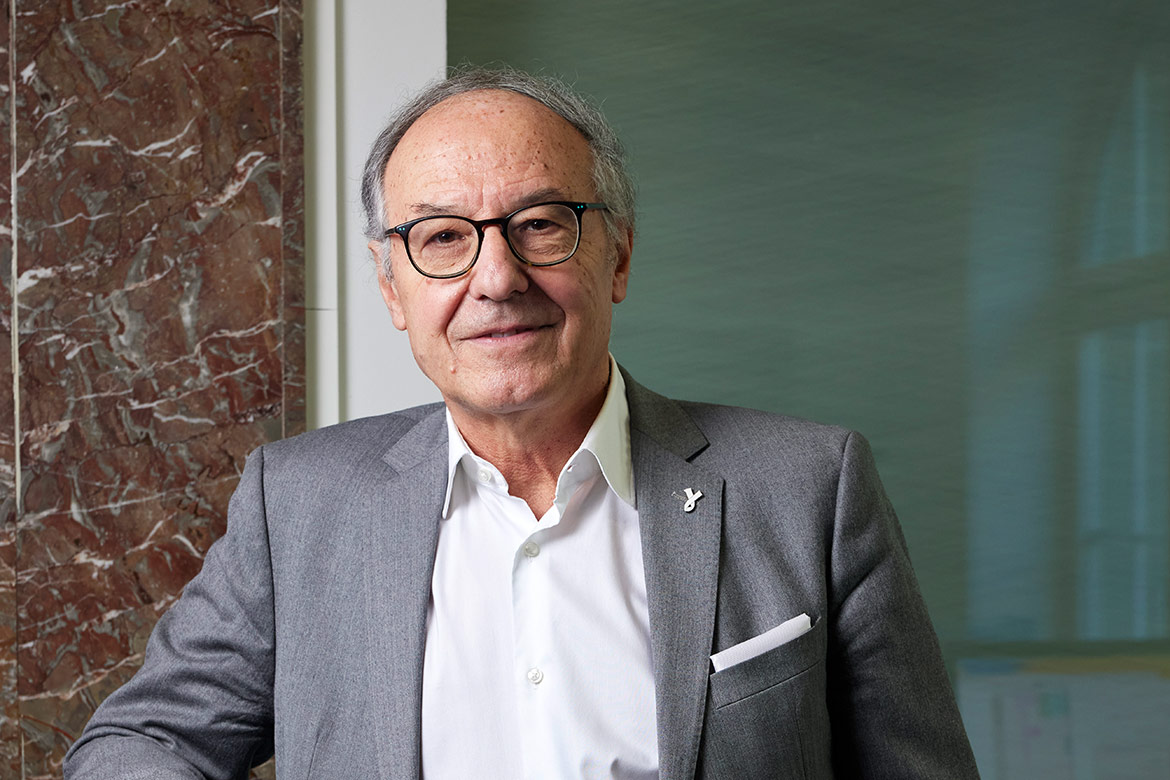Column
Progress together with citizen science
For everyone, by everyone. Yves Flückiger, the President of the Swiss Academies, calls for promoting citizen science.

Yves Flückiger is the President of the association Swiss Academies of Arts and Sciences a+. | Photo: Annette Boutellier
The way in which the Covid-19 pandemic placed science in the public eye was unprecedented. It created vaccines at a speed unparalleled in human history thanks to basic research, international teamwork and open science. Researchers with varying outlooks joined forces in response to the needs of society, underlining the vital role science plays as a driver of progress and resilience.
This triumph was, however, accompanied by a rising tide of scepticism in certain quarters, as illustrated by vaccine-hesitancy movements. This scepticism and its tangential conspiracy theories highlight the importance of building trust in science.
To bear this out, it’s first vital to reaffirm the commitment of researchers to the underlying principles of science. Openness, transparency in research practices and respecting inclusivity and ethical standards are essential in a future where science is synonymous with hope, progress and trust. Science communication is an equally decisive factor for bolstering confidence. Ideally, society should fulfil its potential to add momentum so as to stimulate scientific research.
From this perspective, citizen science plays a crucial role. By actively involving the public in data collection, it democratises the research process and promotes better understanding between scientists and society. By involving the public in discoveries and teaching them about the research method, citizen science enriches our collective knowledge and reinforces the idea that science means teamwork for the good of one and all.
Involving the general public in the very creation of science is a winning tool to raise awareness of the scientific method and to develop upon the basic process of diffusing knowledge. For instance, it enables improved monitoring of biodiversity, saving taxpayers’ money. A very recent report by the foundation Science et Cité shows the diverse activities undertaken by citizen science in Switzerland.
A future where science inspires trust and progress requires the promotion of citizen involvement and the building of bridges between science and society. These two missions are at the centre of the work done by the Swiss Academies.




